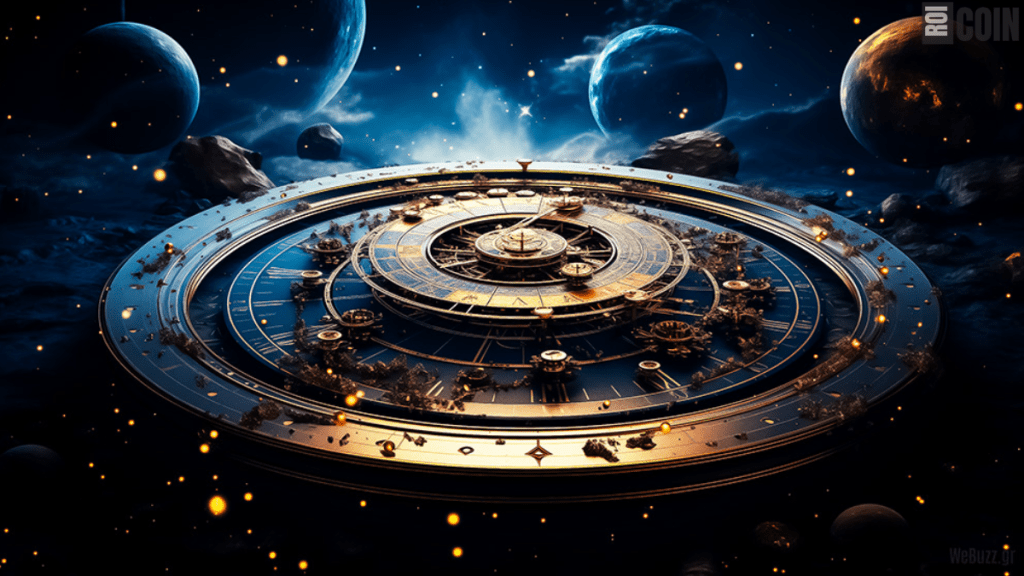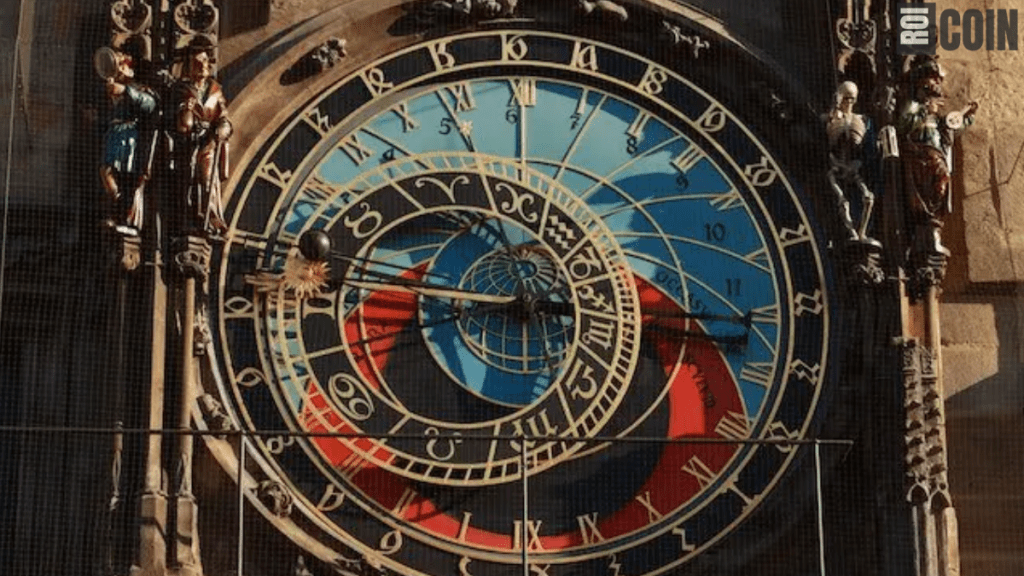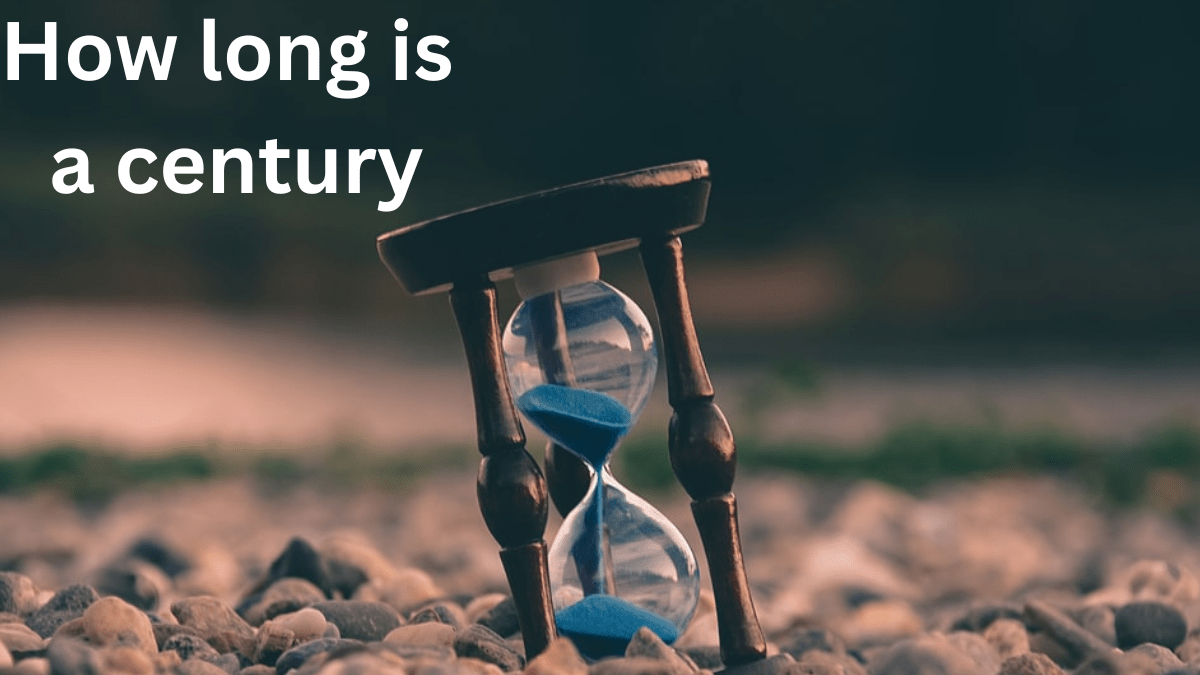Table of Contents
Time can be tricky, especially when considering long periods like centuries. If you’ve ever wondered, “How long is a century?”—you’re not alone! The good news is that we’ve got a simple answer for you. How Long is a Century? In this article, we’ll break it down step by step. Keep reading to satisfy your curiosity and understand how long a century lasts.
What Is a Century?

A century is 100 years—that’s it! “Century” comes from the Latin word “centum,” meaning one hundred. Centuries are a straightforward way to divide time into large, easy-to-understand blocks. But there’s more to them than just the number 100. Understanding centuries can help us think about history, the future, and how time is measured in our daily lives.
How Long Is a Century in Days?
Now that we know a century is 100 years let’s break it down into days. A regular year has 365 days, but don’t forget about leap years. February gets one extra day added to the calendar every four years. So, How Long is a Century?
In 100 years, there are 24 or 25 leap years, depending on the century. So, a century has about 36,524 to 36,525 days. That’s a lot of days!
Also read: How Many Legs Does a Scorpion Have? Uncover the Fascinating Truth
How Many Centuries Have Passed?
Let’s look quickly if you’ve ever wondered how many centuries have passed. As of now, we are in the 21st century. This means 20 centuries have passed since the start of 1 AD. The 21st century began on January 1, 2001, and will last until December 31, 2100. So, whenever you think of the 1800s or 1900s, you think about the 19th and 20th centuries!
See This Article: How long is a Century? Unveil the shocking truth
Why Do We Measure Time in Centuries?
You might wonder why we measure time in centuries. Why not just use years or decades? Well, centuries help us think about more considerable periods in history. For example, when we talk about important events, such as wars, scientific discoveries, or the rise and fall of empires, centuries make it easier to understand how much time has passed. A century gives us a larger perspective on how humans, nature, and civilizations change over long periods.
How to Remember How Long a Century Is
It’s easy to get confused by time. A century can feel like an abstract idea, but here’s a simple reminder: a century equals 100 years, and that’s just about as long as a person might live. When you think about famous people from history, like Albert Einstein or Queen Victoria, their lives often spanned large parts of a century. Thinking of a century as a person’s lifetime makes it easier to picture.
Check Out These Helpful Tips: Direct Educational Services: Ignite Your Learning Success
Fun Fact: Other Ways to Measure Time
There are other ways to measure long periods of time besides centuries. You might hear about a decade (10 years), a millennium (1,000 years), or even longer periods like eons and eras. But when it comes to the timeline of human history, centuries are one of the most common ways to break down time into manageable pieces.
The Future of Centuries

As we move forward, we will keep counting centuries. When the 21st century ends on December 31, 2100, the 22nd century will begin. It’s fascinating to think about what the world will look like by then. How Long is a Century? Will we be living on Mars? Will flying cars be a thing? While we can’t predict the future, one thing is for sure: centuries help us track our past and guide our way forward.
Get More Info: Educational Specialist: Elevate Your Teaching Today with Proven Strategies
So, how long is a century? Now you know the answer: a century lasts precisely 100 years. With around 36,524 to 36,525 days, each century marks a significant block of time in history. As we’ve seen, centuries are essential for helping us understand the past and the future. How Long is a Century? Whether studying history, planning for the future, or just curious about time, understanding how long a century is can help you make sense of the world.




